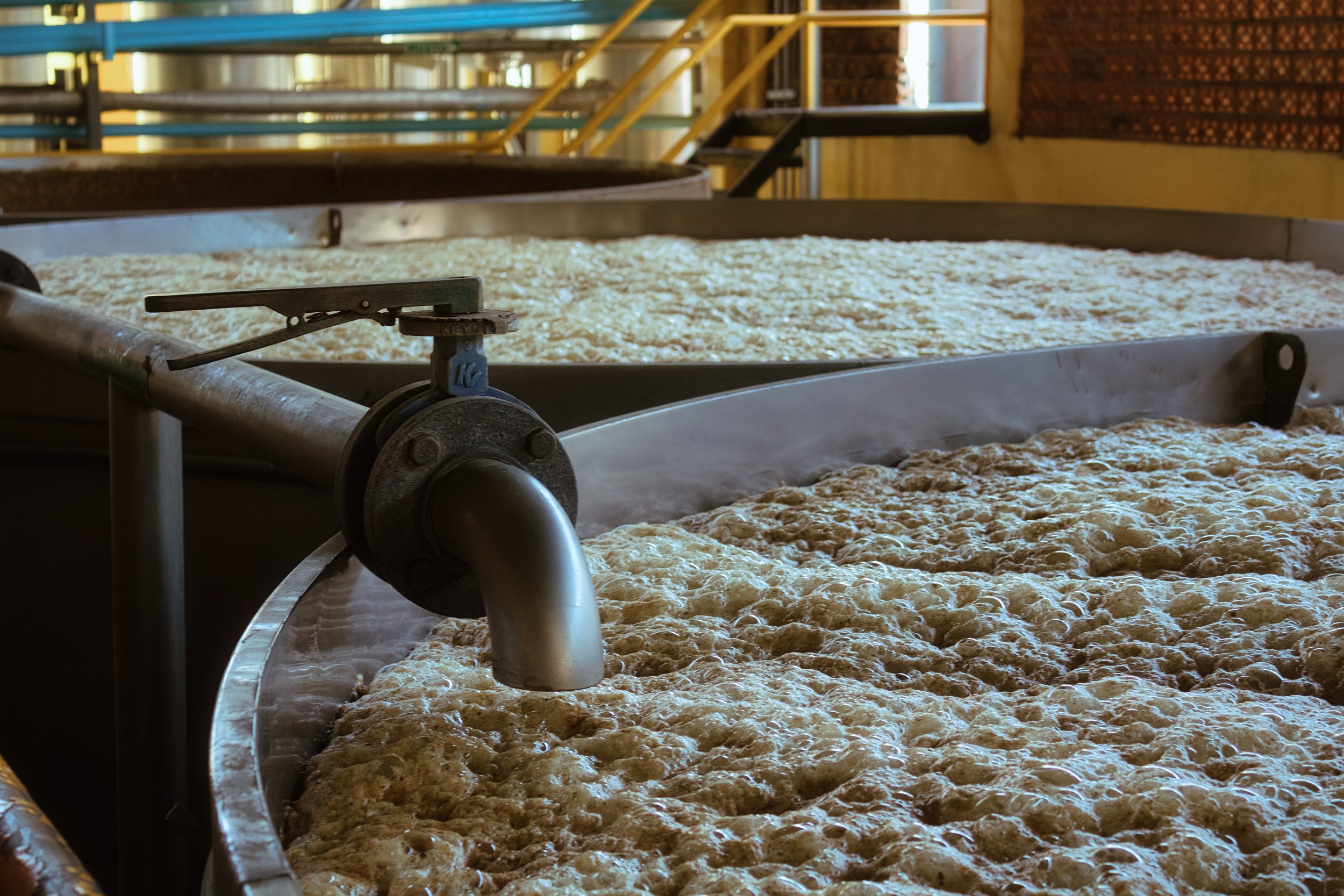
Food & Beverage
Waste & Wastewater
Food & Beverage Wastewater Treatment
-
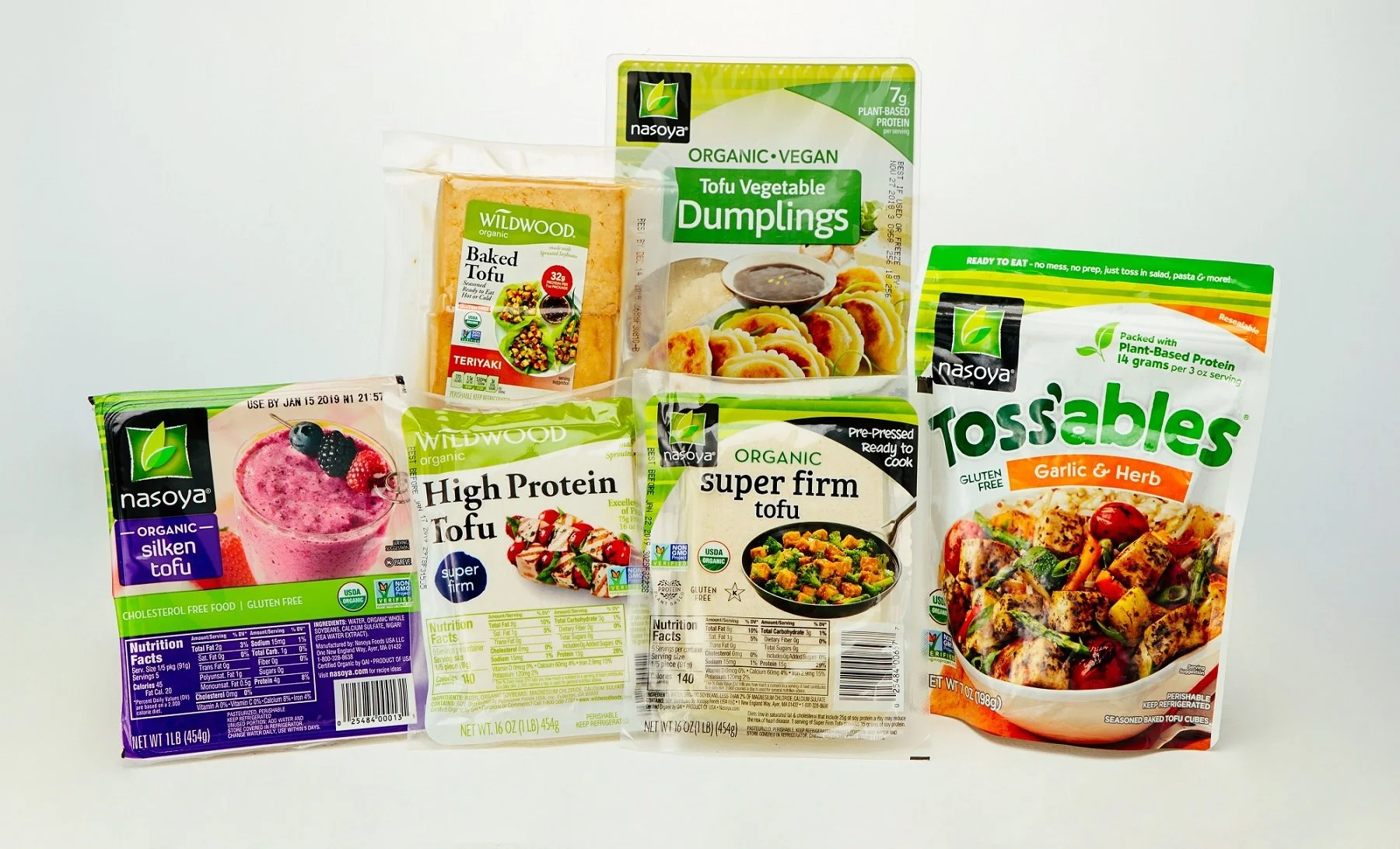
Pulmuone Foods USA
Mitigating surcharge hikes with onsite treatment of high-strength wastewater from food manufacturing
-
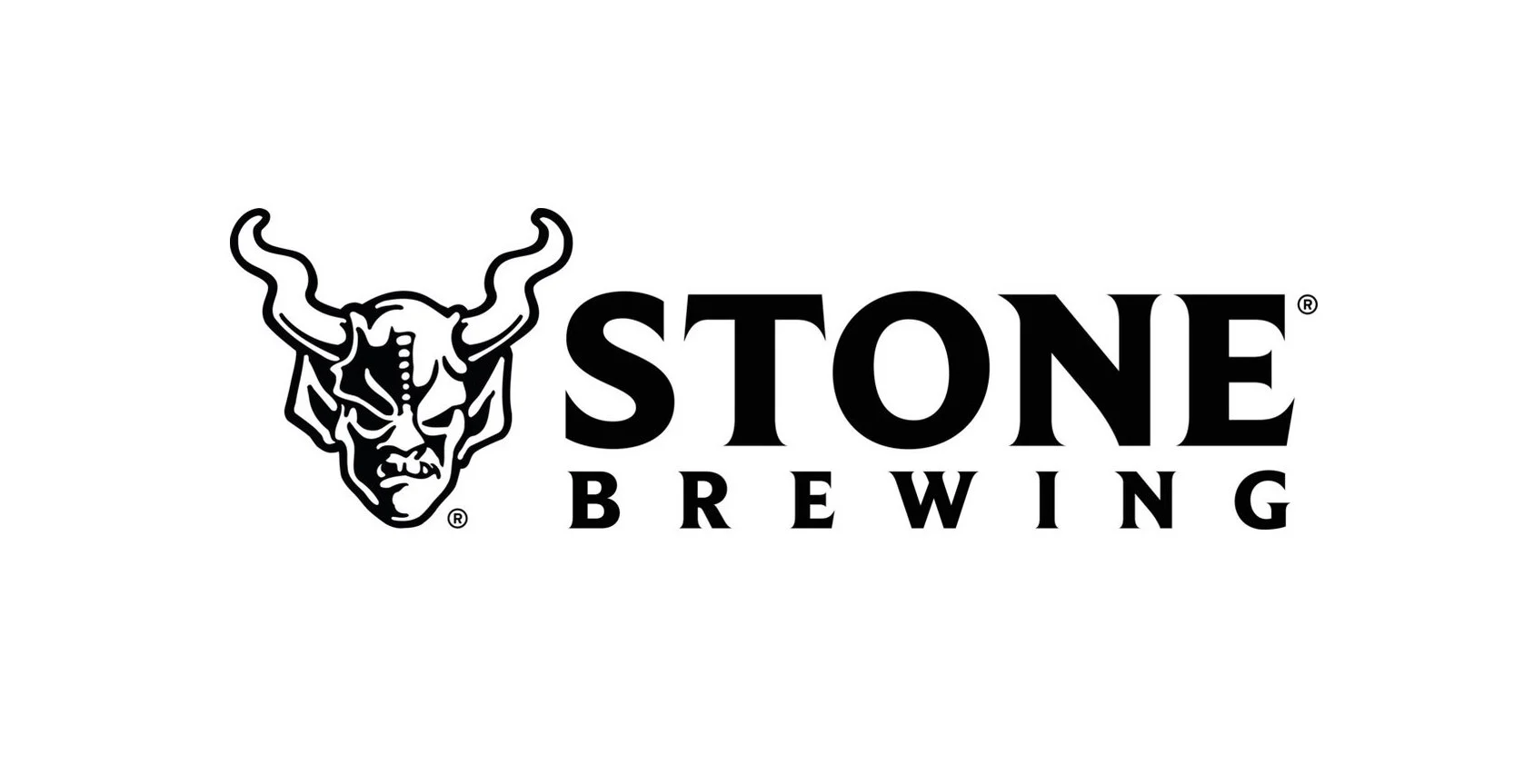
Stone Brewing
-
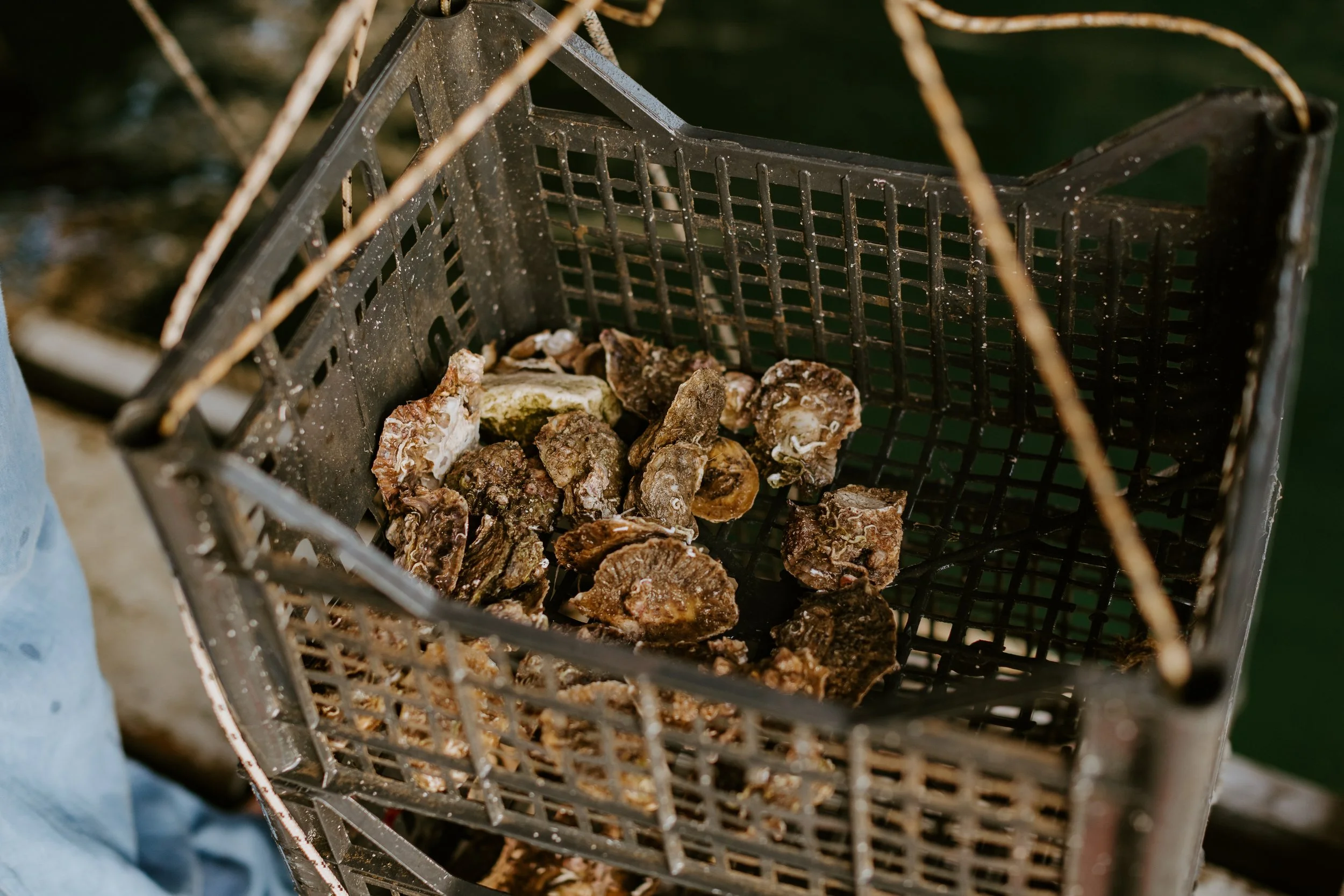
Head loss is recovered by two backwash methods: gravity draining for sludge removal and air scouring for excess bio-mass removal (floating media)
During backwashing, the air scouring facilitates the removal of suspended solids and excess biomass from the media layer
The treated water remaining over the upper strainer block will be used for backwashing driven by gravity
Versatile
-
Primary Treatment
Retrofit old conventional primary clarifiers to save space, increase capacity and upgrade processes by grabbing more solids upstream of aeration basins and sending them to digestors for maximum energy efficiency.
-
Secondary Treatment
Achieve higher water quality standards and comply with effluent discharge limits with a range of secondary treatment functions, such as BOD reduction, nitrification, and denitrification.
-
Tertiary Treatment
Configurable to operate under various water quality conditions and achieve stable water quality for reuse applications or alternatives to water resources.
-
Wet Weather Treatment
With continuous aeration capabilities and no settling required, the system can manage high peaking factors and variable flow rates, simplifying the treatment of dilute flows.
-
Groundwater
The Proteus biofiltration process is highly effective at remediating contaminants such as nitrate, perchlorate, and organics to meet Federal Maximum Contamination Level (MCL).
Proven
-
Title 22 Certification

-
LIFT Innovative Technology
Proteus was accepted as a innovative technology under the Water Environment Federation’s LIFT Program

-
Simulation Modeling
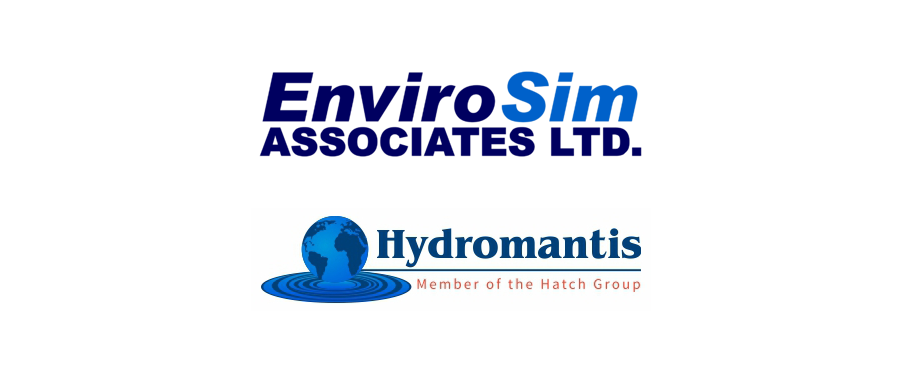
-
Pilot Program Award

Industry Expert, Dr. Glen Daigger evaluates Proteus Biofiltration technology for advanced primary treatment & wet weather flows
Tomorrow Water successfully completed a demonstration pilot for its Proteus up-flow media filter technology at a water resource recovery facility (WRRF) in Genesee County, Michigan. The pilot provided valuable data in real-world conditions for Proteus and was validated by Professor Glen Daigger at University of Michigan as a promising solution for increasingly common peak flow events at facilities like this one.
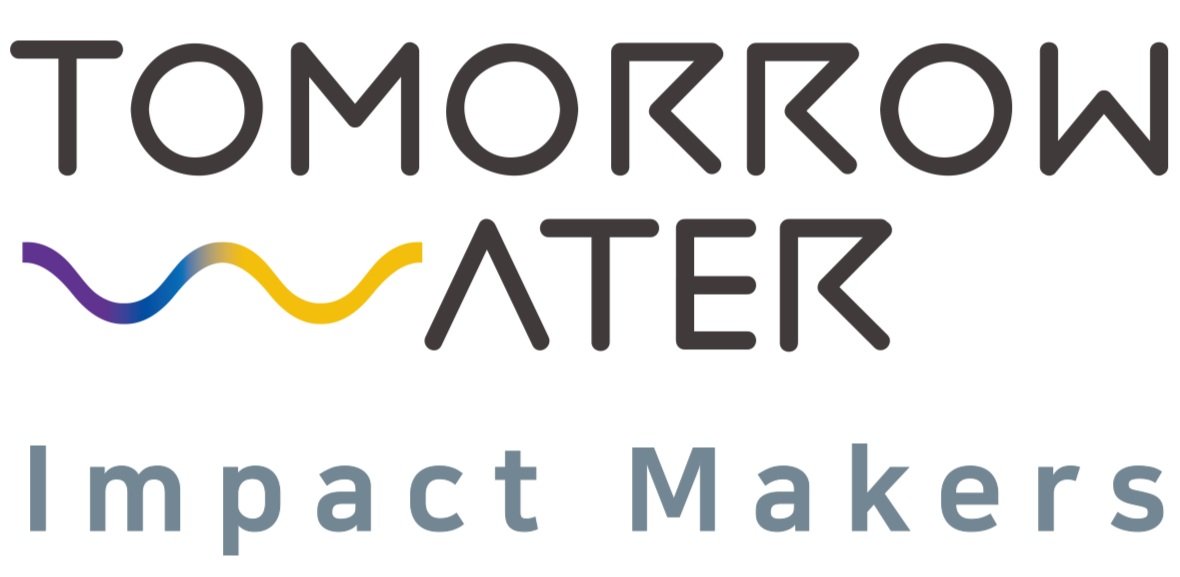








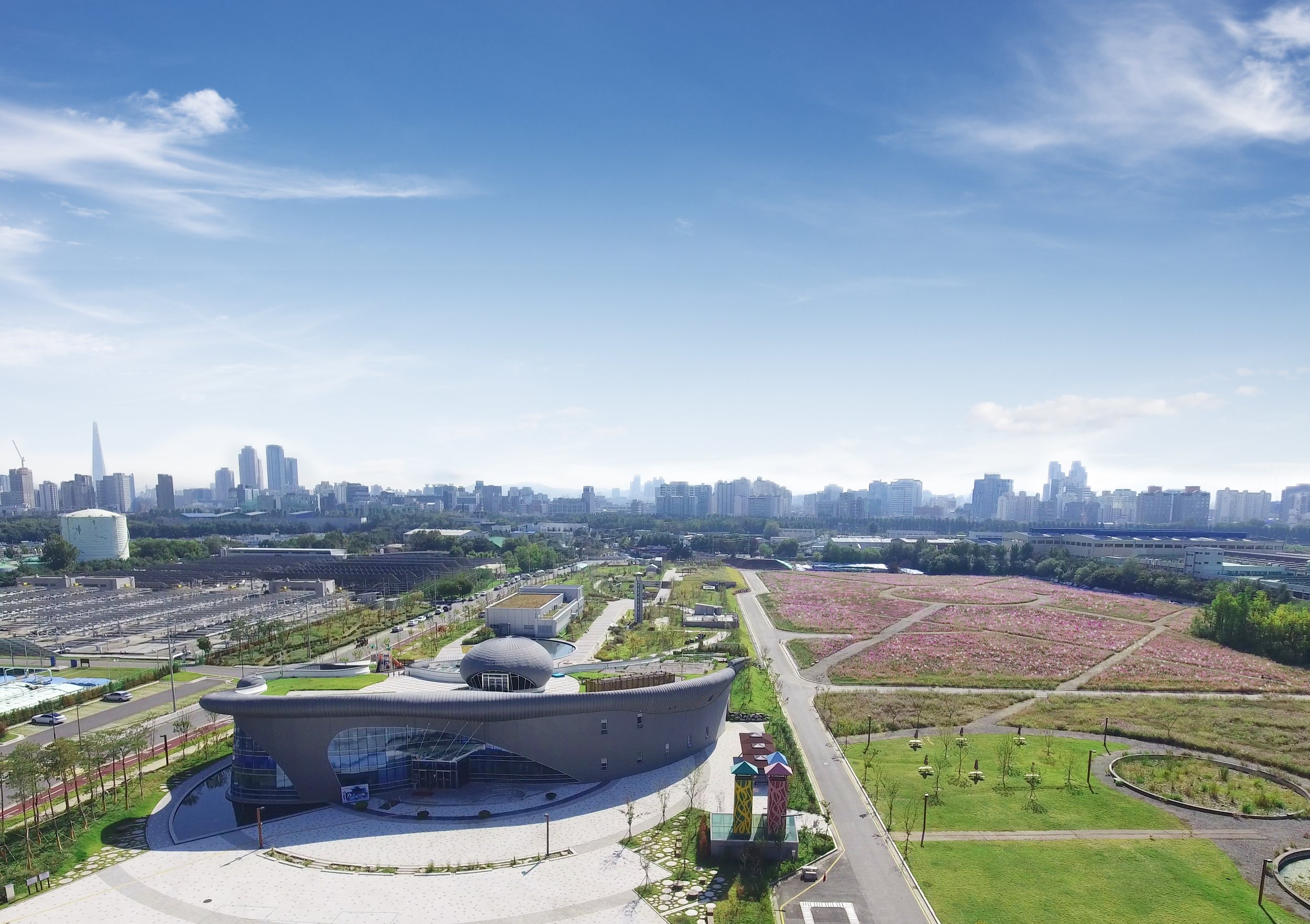
Barstow Groundwater Remediation